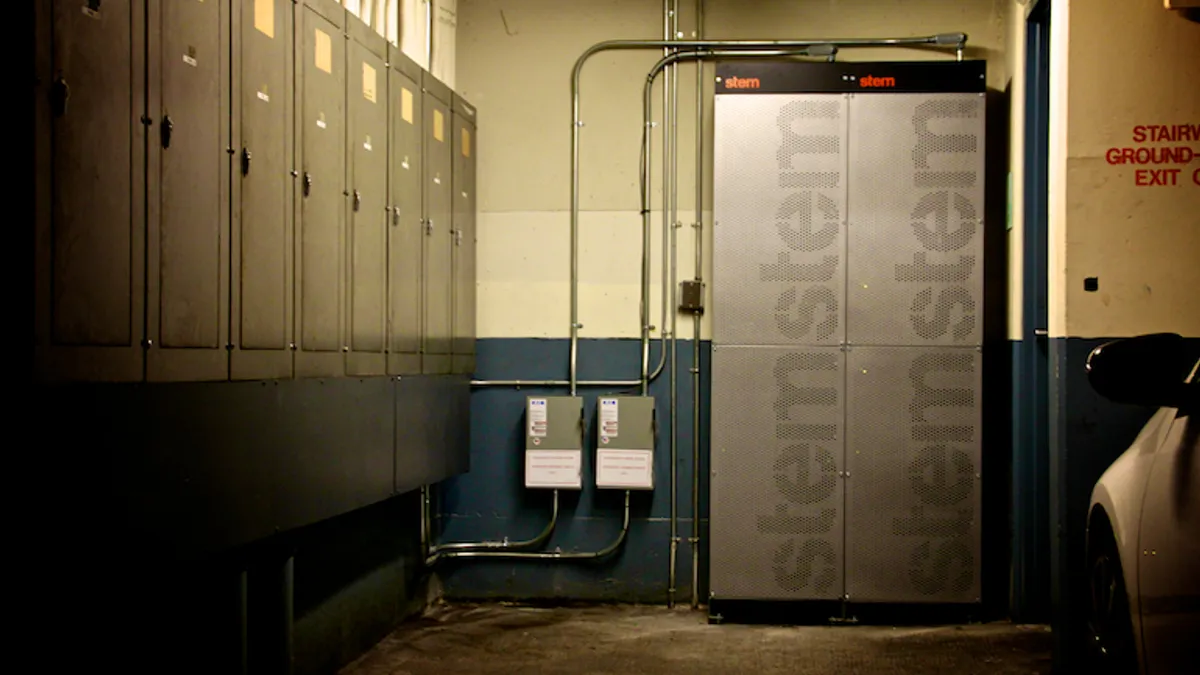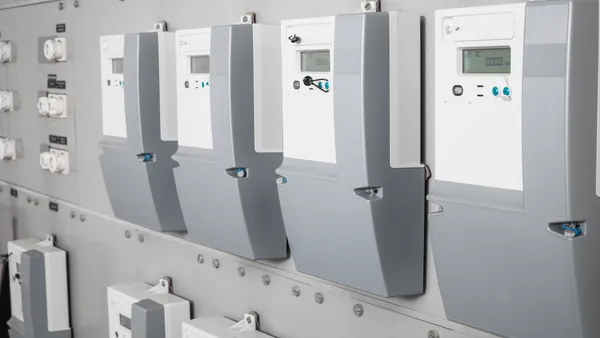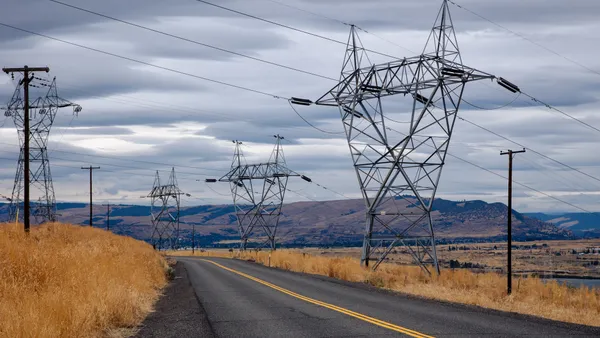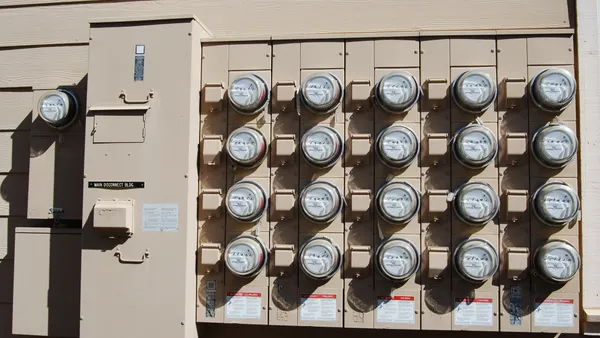Dive Brief:
- Consolidated Edison held its first auction for demand response capacity under its Brooklyn-Queens Neighborhood Program, which seeks to cut customer usage to defer a substation investment in New York.
- The utility said it awarded contracts that would result in 22 MW of peak demand reductions in 2018, with payments to providers ranging from $215/kW/year to $988/kW/year.
- Storage provider Stem was among the 10 auction winners, Bloomberg reports, and expects to install up to 857 kW of battery storage in the city by 2018.
Dive Insight:
Previously known as the Brooklyn Queens Demand Management (BQDM) project, the Neighborhood Program is among the most well-known of utility non-wire alternative projects. It is also one of Con Ed's demonstration projects under New York's Reforming the Energy Vision initiative.
Through a combination of 52 MW of demand reductions and 17 MW of distributed resource investments, ConEd planned to defer the need for a $1.2 billion substation upgrade
First proposed in 2014 , ConEd began deploying demand management resources last year. In the first quarter of 2016, it announced it had contracted for 10.68 MW of cumulative reductions during peak hours.
"They bid amounts that they wanted to get paid for reducing load between 4 p.m. and 8 p.m. by summer 2017; between 8 p.m. and midnight by summer 2017; between 4 p.m. and 8 p.m. by summer 2018; and between 8 p.m. and midnight by summer 2018."
"'Behind-the-meter’ is not even an accurate characterization," Stem Policy Director Ted Ko recently told Utility Dive. "Aggregated smaller-scale storage can provide the same services that utility-scale storage can provide.”














